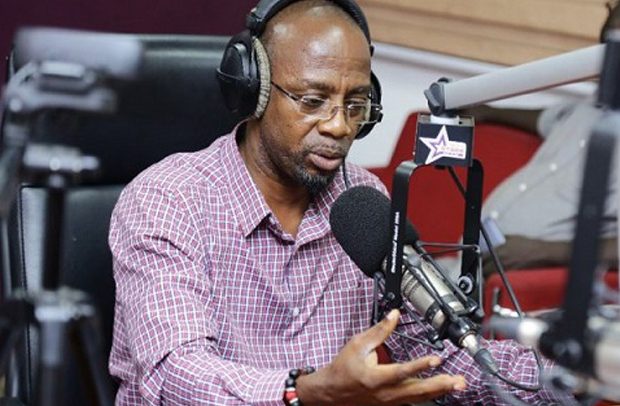Rex Omar
Chairman of the Ghana Music Rights Organisation (GHAMRO), Rex Owusu Marfo, known in the music scene as Rex Omar, has revealed that the organisation has sued telecommunications companies in the country for using the intellectual property of musicians without paying royalties to the organisation.
According to him, the court cases were filed against MTN, Vodafone and Airtel/Tigo in 2017 for not paying for musicians’ intellectual properties they used in promoting their various products.
Rex Omar, who made this revelation at a press briefing, held at the Copyright Office in Accra, said, “Since the case is in court, I am hesitant to get into the specific claims against them.”
The GHAMRO chairman stated that GHAMRO will surely win the copyright infringement case against the telecommunication companies.
Rex Omar, who has vowed to ensure that music right owners benefit from their intellectual property, added that “GHAMRO is hopeful to win the case against all the telecommunication companies”.
On the issue of royalties’ collection and distribution, the chairman explained that the management of GHAMRO is working tirelessly on improving on ways of collecting and distributing royalties for music right owners.
He said in as much as GHAMRO has not achieved its full objectives as planned, the society has taken the turn for the better and has improved in terms of the overall corporate governance, transparency and accountability.
Rex Omar, however, disclosed that GHAMRO has introduced a new welfare scheme known as ‘over-aged package’ for its members above 75 years.
According to him, each will receive an amount of GH¢ 500 every six months apart from the royalties due them.
“The first payment to members under the scheme was paid to beneficiary members in December last year,” he revealed.
The ‘Abiba’ hitmaker, who took over the leadership of GHAMRO in 2016, indicated that the organisation will soon embark on an exercise to make sure all users of musical works pay for the works they ‘consume.’
GHAMRO is an organisation registered under the laws of Ghana and further authorised by law to basically license, collect and distribute royalties for and on behalf of musicians/authors, composers and producers/publishers of musical works.
It was established under Section 49 of the Copyright Law, Act 690 of 2005 and regulated under Copyright Regulation, L.I. 1962 of 2010 to collect and distribute royalties accruing to authors and owners of copyright and neighbouring rights.
By George Clifford Owusu


